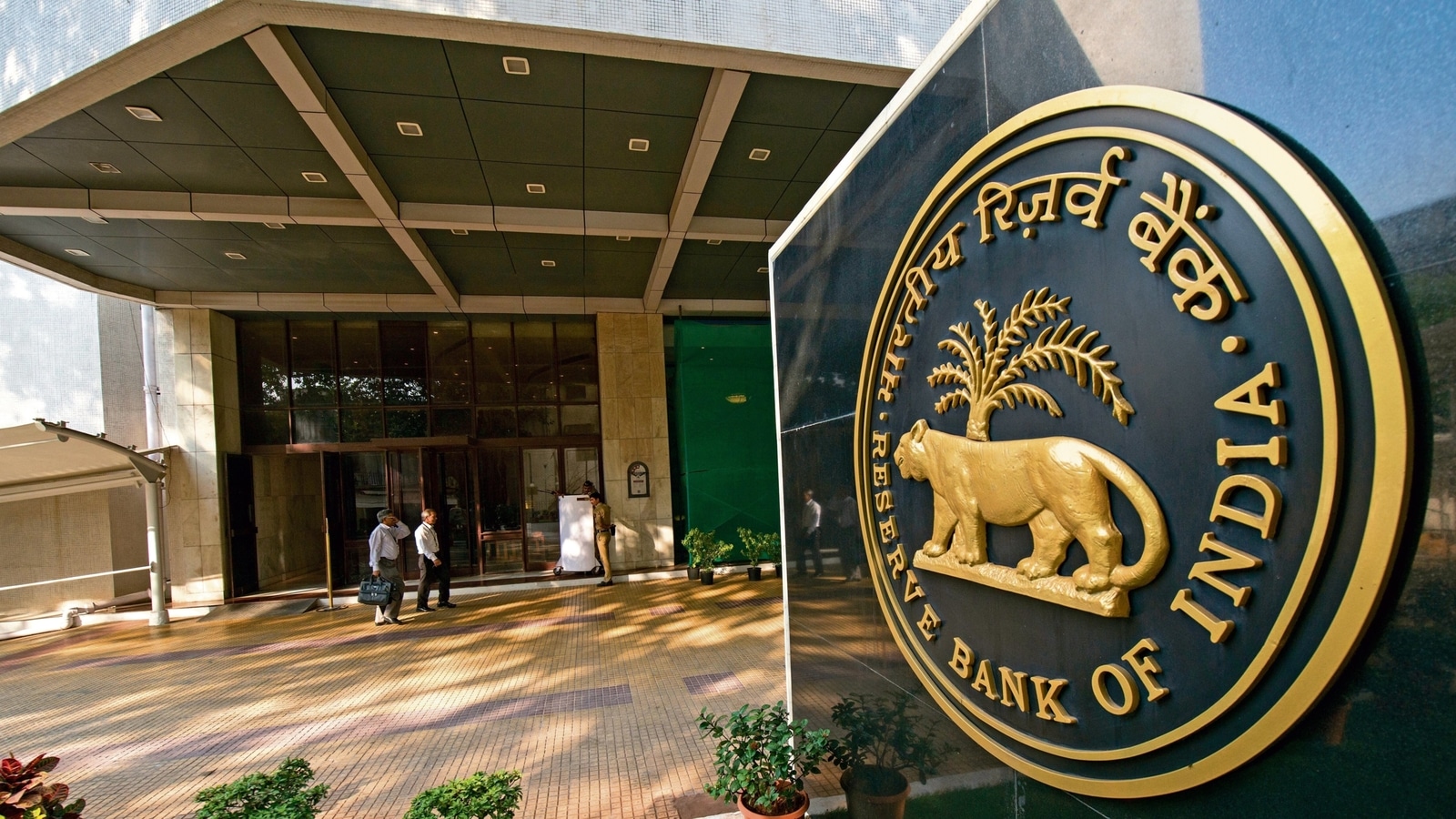In a significant move to enhance the security of digital transactions, the Reserve Bank of India (RBI) has introduced the Card-on-File (CoF) tokenization facility through banks. This initiative, aligned with global best practices, represents a paradigm shift in securing cardholder information and fortifying the digital payment ecosystem.
1. Background and Rationale:
The proliferation of digital payments has been accompanied by a heightened focus on securing sensitive cardholder data. Card-on-File tokenization is a response to the evolving threat landscape, aiming to replace actual card details stored by merchants with unique tokens, thus reducing the risk of unauthorized access and fraud.
2. Understanding CoF Tokenization:
Card-on-File tokenization involves the substitution of sensitive card details with a unique alphanumeric identifier, commonly known as a token. This token is specific to a particular merchant and transaction type, rendering it useless for unauthorized transactions even if intercepted. The actual card details are securely stored in a token vault maintained by the payment service provider or the issuing bank.
3. Security Benefits:
The primary advantage of CoF tokenization is the enhanced security it provides for recurring transactions. As tokens are meaningless outside the context of the specific transaction and merchant, even if intercepted, they cannot be exploited for fraudulent activities. This significantly reduces the risk associated with storing card details on various platforms.
4. Reducing Card-Not-Present (CNP) Fraud:
One of the major challenges in the digital payment landscape is Card-Not-Present (CNP) fraud, where unauthorized parties exploit stored card details for illicit transactions. CoF tokenization acts as a potent deterrent by ensuring that even if a token is intercepted, it holds no value for transactions beyond its intended use.
5. Implementation Through Banks:
The RBI's decision to introduce CoF tokenization through banks emphasizes the centrality of financial institutions in ensuring the security and integrity of digital transactions. Banks will play a pivotal role in facilitating the tokenization process, liaising with merchants, payment service providers, and customers to seamlessly integrate this enhanced security feature.
6. Customer Consent and Authorization:
For the tokenization process to take place, customer consent is paramount. Banks will ensure that customers explicitly authorize the tokenization of their card details for specific merchants and use cases. This not only places control in the hands of the cardholder but also ensures compliance with data protection and privacy regulations.
7. Integration with Digital Wallets and Apps:
The CoF tokenization facility is expected to seamlessly integrate with popular digital wallets and apps. This ensures that users of these platforms can benefit from the enhanced security measures while enjoying the convenience of quick and secure transactions, especially in scenarios involving subscriptions, utility payments, or e-commerce purchases.
8. Educational Initiatives:
Recognizing the importance of customer awareness and education, the RBI, in collaboration with banks, is likely to undertake initiatives to inform users about the advantages of CoF tokenization. This may include campaigns, notifications, and information dissemination through various channels to ensure that users understand the security features and actively opt for tokenization.
9. Industry Collaboration and Standards:
The implementation of CoF tokenization involves collaboration between banks, payment service providers, merchants, and technology platforms. Establishing industry standards and protocols is crucial for ensuring interoperability, security, and a consistent user experience across different channels and platforms.
10. Compliance and Regulatory Oversight:
Given the sensitivity of payment-related data, the CoF tokenization facility will operate under strict regulatory oversight. Compliance with data protection and privacy regulations will be a focal point, ensuring that the implementation adheres to established standards and safeguards user interests.
11. Global Alignment:
The introduction of CoF tokenization aligns the Indian payment landscape with global best practices. Many advanced economies have already embraced tokenization as a standard security measure, and this move positions India as a proactive participant in the global digital payments ecosystem.




Either way the teacher or student will get the solution to the problem within 24 hours.